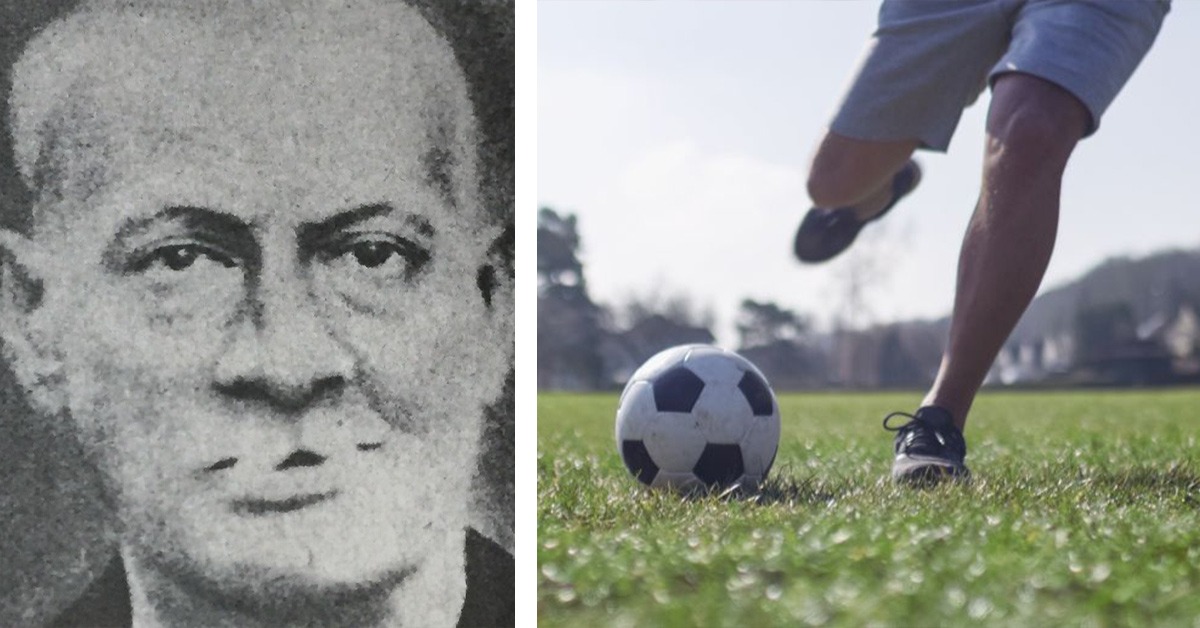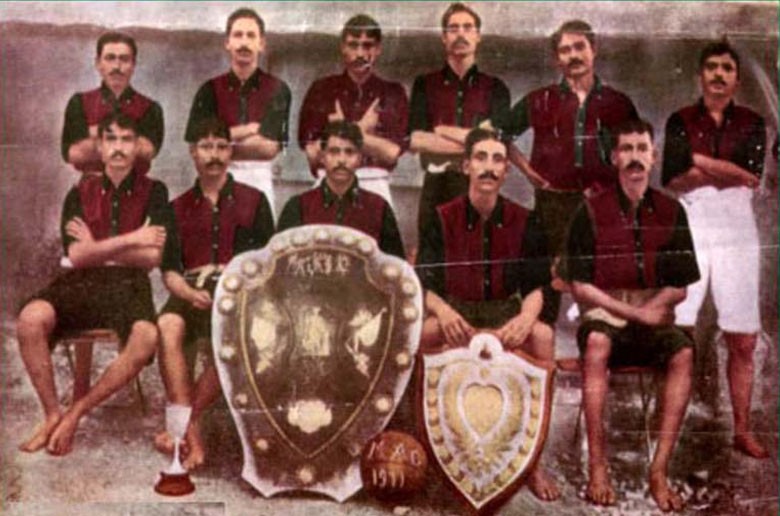Featured
Nagendra Prasad — The father of Indian football who removed prejudice from the sport

The first Indian to kick a football back to the Britishers, in 1877, Nagendra Prasad Sarbadhikari is credited with starting a revolution that changed the way sports was to be played in India. A football fanatic, as most are in Bengal, Prasad was a bulky but agile centre-forward who played for his school and college team but harboured dreams of turning out for a football club in Calcutta. With only Britishers being allowed to play the sport in clubs, Prasad's battle, then, was for equal opportunities, as he believed that sports should be aloof of class and caste.
A popular incident that saw the Indian footballer embroiled in controversy was when he stood up in arms against Wellington Club for not letting Moni Das, a player from the lower caste, play for the team. After fighting with the members and the officials, Prasad left the Wellington Club, but not before pledging that he would help budding stars follow their passion. He went on to form the Sovabazar Club in Calcutta with help from the Royal Family of Sovabazar, and also formed the Howrah Sporting Club with Bama Charan Kundu.

Mentoring the youngsters and encouraging them to play to their full potential, Prasad played a huge role in helping Sovabazar Club to take part in the Trades Cup, in 1889. Not only did they become the first all-Indian club to turn out in the prestigious event, they also became the first all-India team to defeat the British in a football game, in 1892, when they defeated East Surrey Regiment 2-1.
Prasad's efforts prompted a number of youth to take up football as a profession as now they could hone their skills without fear of discrimination. This led to the formation of a large number of football clubs in Calcutta, and to monitor each club's progress, Prasad persuaded the British representatives of some clubs to keep a proper tab on the upcoming sports stars in an organized manner.
This led to the formation of the Indian Football Association (IFA) in 1892, a body that still oversees football in West Bengal. The first event that the governing body conducted was the IFA Shield from 1893, a tournament that is still hosted annually. While Sovabazar Club was the only all-India team to take part in the event at first, clubs like Mohun Bagan and East Bengal soon started participating as the craze for football, not only in Bengal but also in India, grew.
Read more: Not Sachin, Gargi Banerji was the youngest cricketer to debut for India
The greatest football folklore remains the tale of eleven bare-footed Indians playing for Mohun Bagan and defeating the mighty Englishmen of the East Yorkshire Regiment in the finals of the IFA Shield in 1911 2-1, which set the precedent for not only the growth for football in India but also gave rise to pent-up nationalist sentiments that influenced the National Independence Movement in Bengal.
Prasad, for all his efforts in making football more accessible, was conferred with the unofficial title of the Father of Indian Football, and it is largely due to his efforts that the club culture in the sport stands strong in India.
